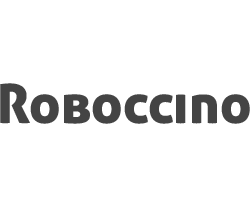Navigating Global Compliance: Essential Certifications for Robot Coffee Makers in International Trade
In the rapidly evolving landscape of international trade, the incorporation of advanced technology in everyday products has become a vital focus for businesses. One such innovation that has captured the attention of consumers and manufacturers alike is the robot coffee maker. These automated machines not only provide convenience but also elevate the coffee brewing experience to new heights. However, as companies venture into global markets, they must navigate a complex web of compliance requirements to ensure their products meet international standards.
Understanding the essential certifications for robot coffee makers is crucial for any manufacturer looking to expand their reach beyond domestic borders. Compliance with these standards not only guarantees product safety and reliability but also fosters consumer trust and brand integrity. In this blog, we will explore the various certifications required for robot coffee makers in different regions, the implications of non-compliance, and how businesses can streamline their processes to thrive in the competitive global landscape.
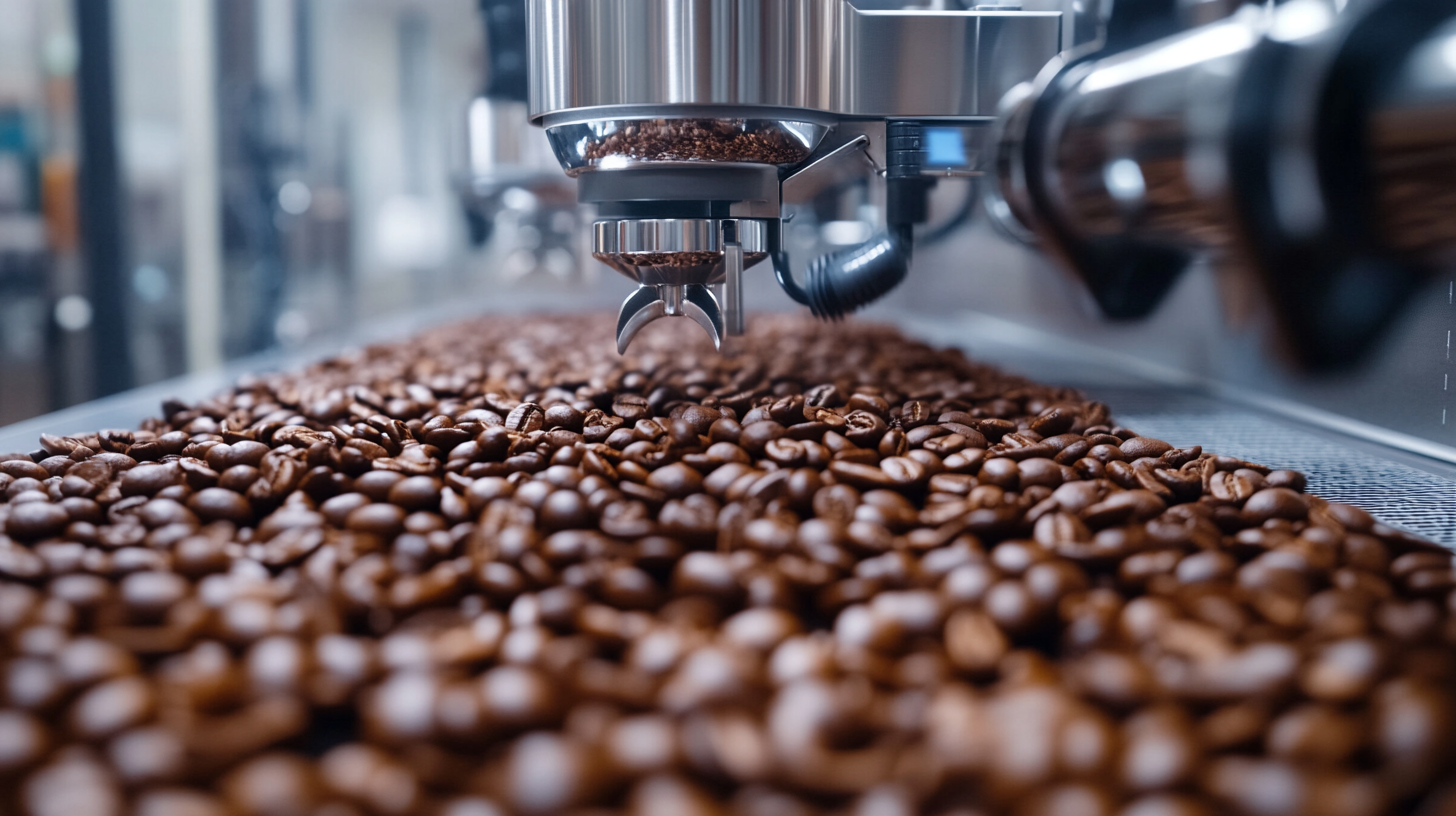
Understanding the Importance of Compliance in International Trade for Robot Coffee Makers
Navigating the complex landscape of international trade requires a keen understanding of compliance, especially for innovative products like robot coffee makers. As automation continues to infiltrate everyday consumer experiences, the necessity for adherence to global regulations becomes paramount. A recent report from the International Trade Centre highlights that 65% of small and medium-sized enterprises (SMEs) fail to export due to a lack of awareness about compliance and certification requirements. This knowledge gap can severely hinder the entry of robot coffee makers into lucrative international markets. Compliance with international standards not only facilitates smoother trade flows but also ensures consumer safety and product reliability. For instance, ISO certification and CE marking are critical for gaining market access in Europe. According to the World Trade Organization, products that comply with such standards can see up to a 30% increase in consumer trust. This is particularly vital for robot coffee makers, which require not only electrical safety compliance but also food safety regulations to protect consumers. Furthermore, adherence to environmental regulations, such as the EU’s Restriction of Hazardous Substances (RoHS), is increasingly becoming a focal point. Data from the Global Reporting Initiative indicates that 70% of consumers are more likely to purchase products from brands with transparent compliance practices regarding sustainability. As robot coffee makers integrate more smart technology, manufacturers must remain vigilant about certifications that address both safety and ecological impact. This multifaceted approach to compliance not only boosts market access but also positions brands as leaders in a competitive global marketplace.
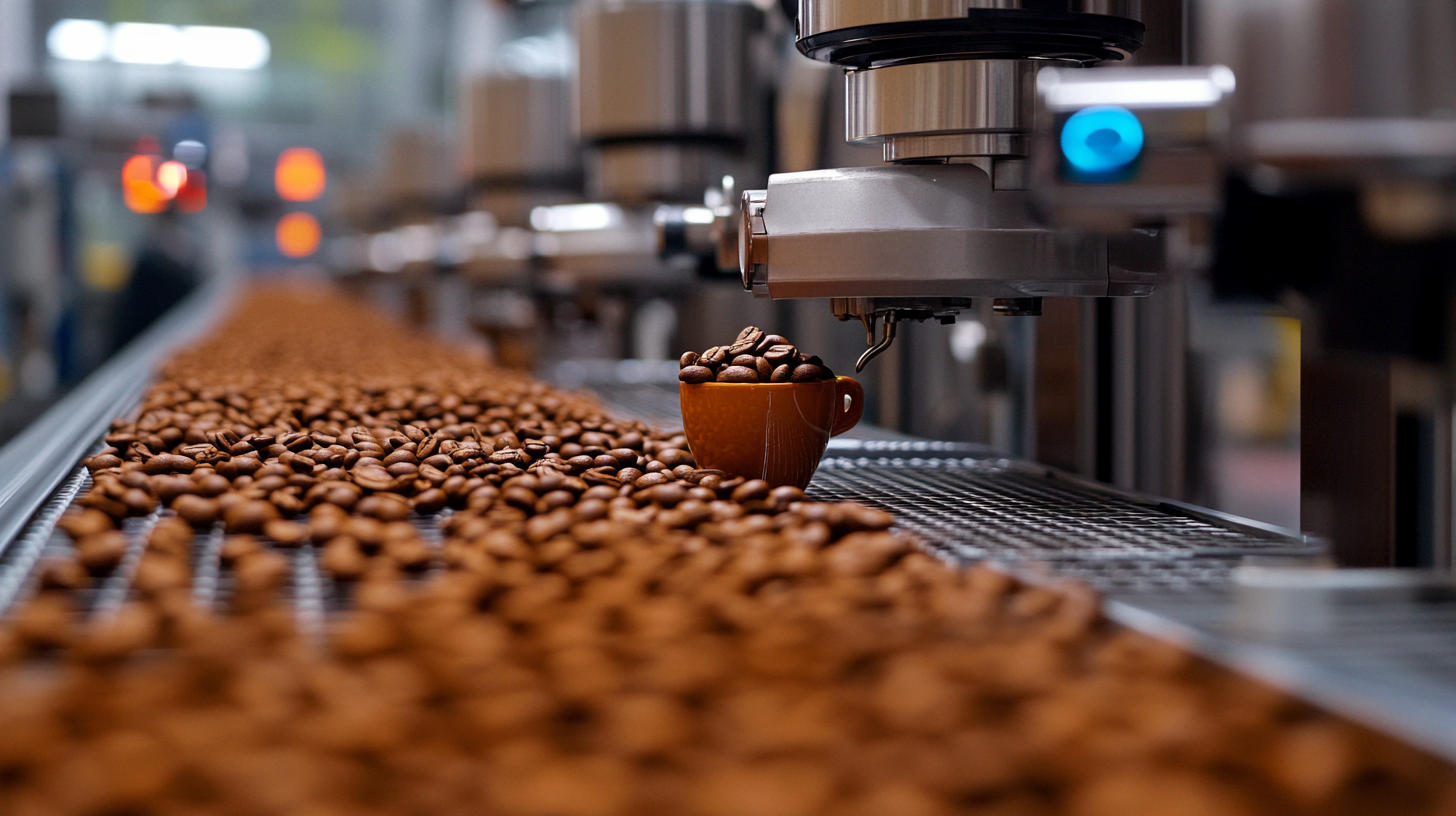
Key Certifications Required for Robot Coffee Makers Across Different Markets
The rise of robot coffee makers in international markets highlights the importance of understanding and adhering to various compliance certifications. Each region presents unique regulatory requirements that manufacturers must navigate to ensure their products meet the necessary safety and performance standards. Essential certifications, such as those recognized by relevant authorities, can significantly impact a product's market entry and long-term success.
In recent developments, we see a surge in robot coffee makers being introduced, accompanied by the achievement of essential certifications. For instance, the full UL and CSA certification of a hot food vending machine demonstrates compliance with established safety and reliability standards for North America. This trend emphasizes the need for manufacturers to prioritize certifications that resonate with target markets, not just for operational safety but also for consumer trust.
Additionally, as the market fosters increased competition, having recognized certifications can become a competitive differentiator. Both retail and online platforms are enhancing their scrutiny of product certifications, making it critical for manufacturers to ensure they are up to date on compliant technologies across borders. As robot coffee makers gain popularity, businesses need to remain proactive about these certifications to successfully navigate the global marketplace.
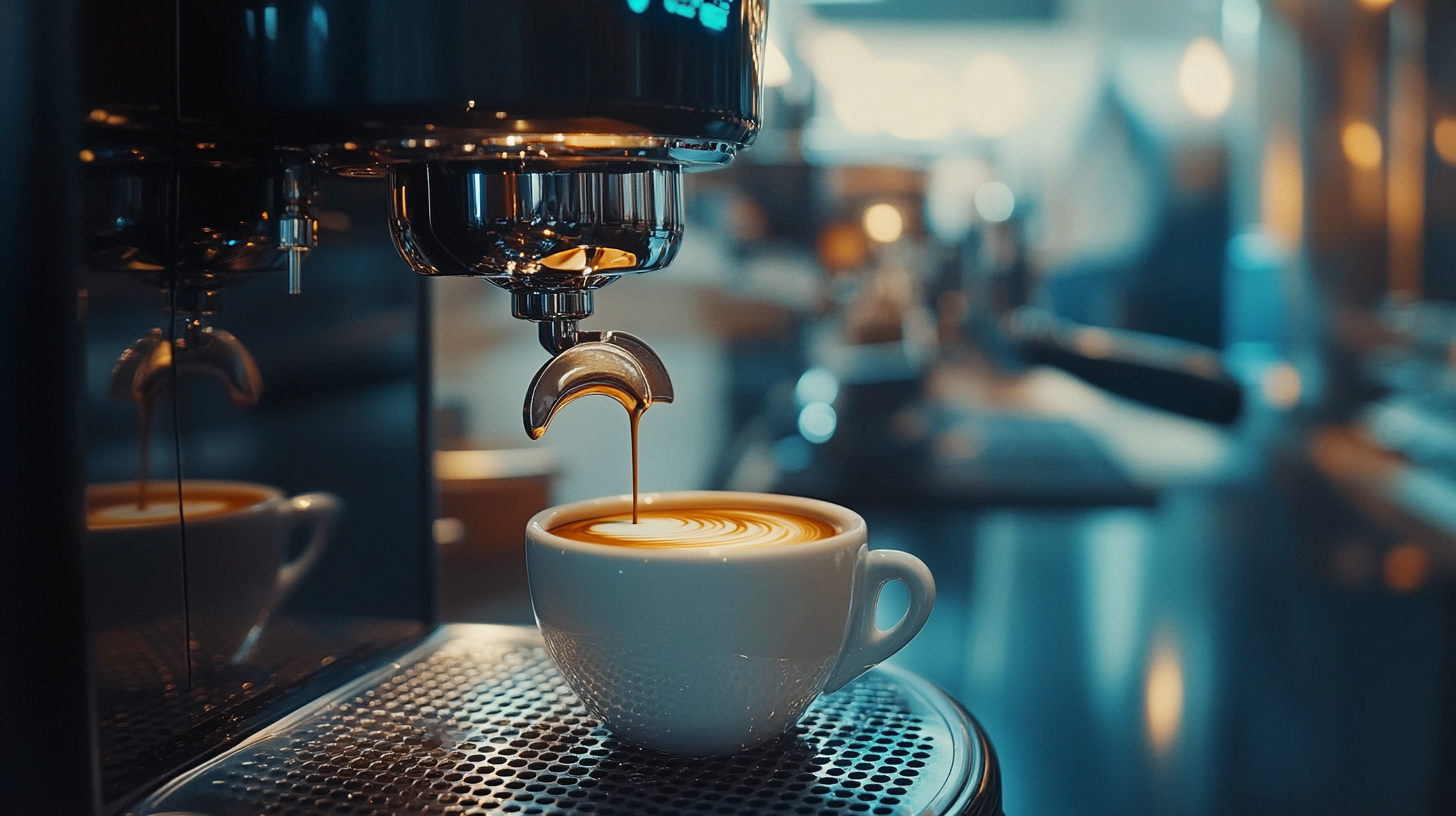
Navigating Regulatory Challenges: Country-Specific Compliance Requirements
Navigating the complex landscape of global compliance for robot coffee makers requires a keen understanding of country-specific regulations. As international trade becomes increasingly intertwined with technological innovation, companies must confront a myriad of regulatory challenges that vary significantly from one jurisdiction to another. For instance, while some countries prioritize safety and health standards for consumer electronics, others may focus more on environmental impact or sustainability.
Given the competitive nature of the coffee market, manufacturers must stay abreast of evolving regulations affecting equipment safety and operational compliance. This includes necessary certifications, quality testing protocols, and adherence to local packaging and labeling laws. Countries like those in the European Union maintain rigorous standards that ensure products not only meet technical specifications but also align with broader public health policies.
Furthermore, as businesses expand across borders, they encounter the uncertainty of rapid regulatory changes that can arise from shifting political landscapes. Such fluctuations necessitate a proactive approach to compliance, where firms engage in continuous monitoring of laws that govern their products. This vigilance can mitigate risks associated with non-compliance and foster consumer trust in innovative kitchen technologies, paving the way for successful international trade of robot coffee makers.
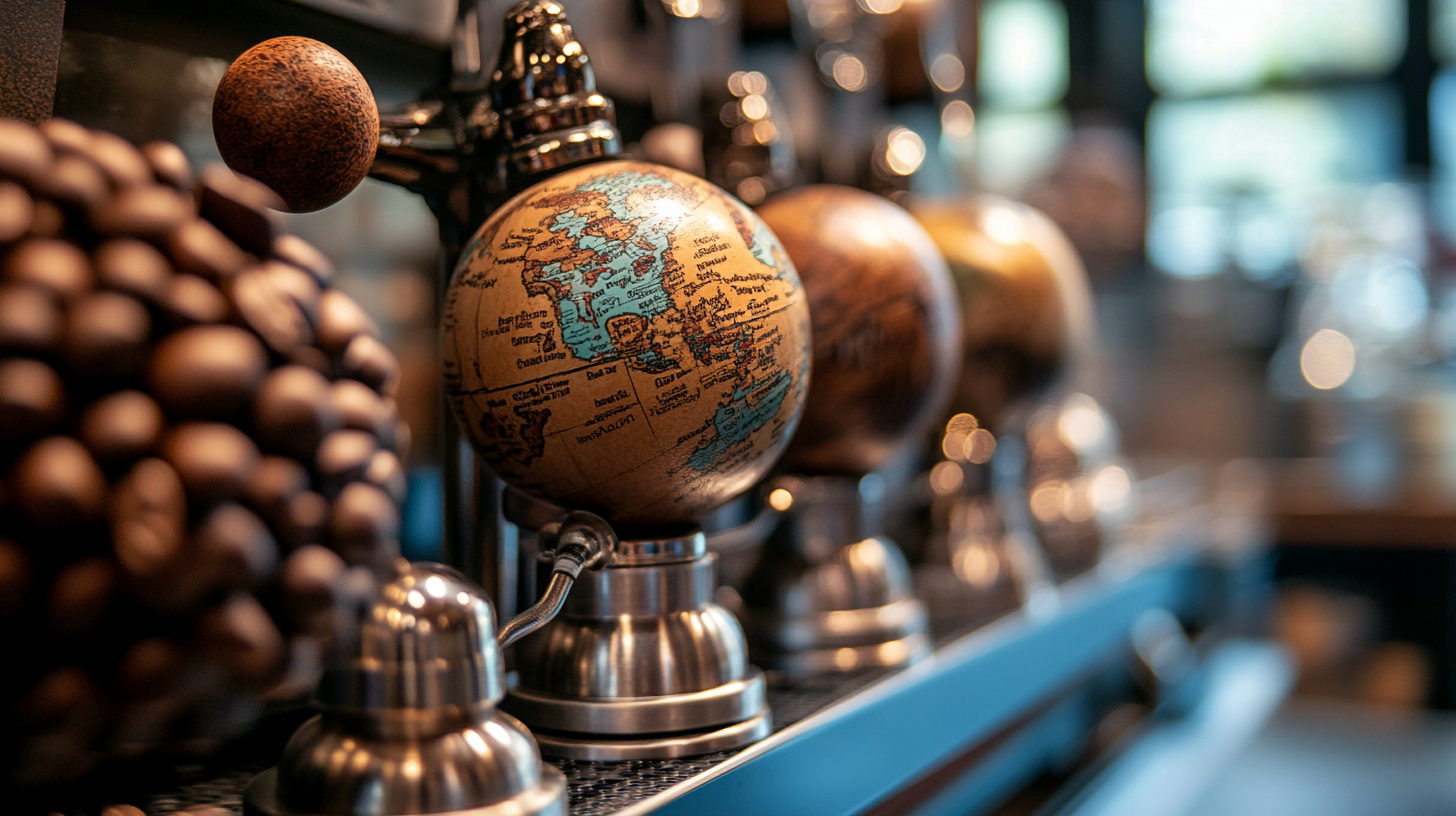
The Role of Quality Standards in Enhancing Global Trade Opportunities
In today's interconnected world, the success of robot coffee makers in international trade heavily relies on adhering to established quality standards. These standards serve as a benchmark, ensuring that products meet both safety and performance requirements across diverse markets. By conforming to recognized certifications, manufacturers can not only improve their product quality but also gain the trust of consumers and regulatory bodies, which is imperative in the competitive landscape of global trade.
Quality standards also open up new opportunities by facilitating access to international markets. Compliance with certifications like ISO and CE marks can simplify the export process, reducing barriers to entry. This allows companies to tap into new customer bases and expand their presence globally. Moreover, meeting these standards can enhance brand reputation, making products more appealing to environmentally and socially conscious consumers who prioritize quality and safety.
Furthermore, the role of quality standards goes beyond compliance; it fosters innovation within the industry. As manufacturers strive to meet evolving global standards, they are encouraged to invest in better technologies and practices. This innovation not only enhances the functionality and sustainability of robot coffee makers but also positions companies to lead in the fast-growing coffee automation market. Ultimately, embracing quality standards not only ensures compliance but also paves the way for growth and differentiation in international trade.
Best Practices for Maintaining Certification and Compliance in Robot Coffee Production
The journey toward compliance in the realm of robot coffee makers involves navigating a labyrinth of regulatory requirements that vary significantly across international markets. Each region embodies its own set of standards—ranging from safety certifications to environmental regulations. For example, the International Organization for Standardization (ISO) provides frameworks that manufacturers can adopt to ensure their products meet quality and safety benchmarks. Specifically, ISO 9001 outlines the requirements for a quality management system, which is crucial for manufacturers to demonstrate their commitment to quality and compliance.
Beyond aforementioned certifications, maintaining ongoing compliance demands a robust system to keep up with evolving regulations. Manufacturers should implement regular internal audits, conduct thorough risk assessments, and engage in employee training to foster a culture of compliance. According to a report by the Compliance Research Group, over 70% of manufacturing companies cite compliance issues as a significant challenge that could potentially disrupt their operations. Moreover, integrating cybersecurity best practices is increasingly critical in manufacturing processes, especially as automation and IoT become more prevalent. Ensuring that the systems controlling robotic coffee makers are secure can protect intellectual property and consumer data, helping maintain compliance with data protection regulations.
Finally, staying updated on global compliance practices involves active participation in industry forums and leveraging the insights shared by regulatory bodies. The World Trade Organization (WTO) emphasizes that compliance with international trade agreements can enhance a manufacturer's global competitiveness. Engaging with international trade organizations can also provide insights into emerging trends and best practices in certification and compliance for robot coffee makers, ensuring that manufacturers remain ahead of the curve in an ever-evolving marketplace.

